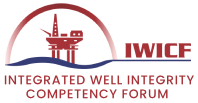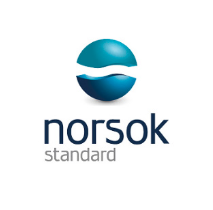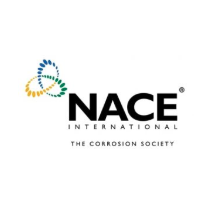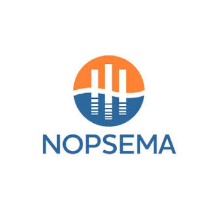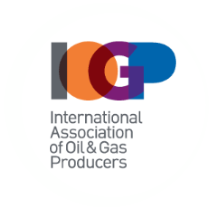NORSOK Standards
The NORSOK standards, developed by the Norwegian petroleum industry are to ensure adequate safety, efficiency and cost effectiveness in Oil and Gas operations world-wide. Furthermore, NORSOK standards are as far as possible intended to replace oil company specifications and serve as references in the authorities’ regulations
NORSOK Standards are backed by 40+ years of petroleum experience in the Norwegian continental shelf. The acronym NORSOK originally stands for “the Norwegian Shelf’s Competitive Position” and was introduced in 1994 to cut costs and improve competitiveness on the Norwegian Continental Shelf.
There are currently ~ 79 national NORSOK standards in active use
NORSOK Standards D-010 – “Well Integrity in Drilling & Well Operations” is focused on Up- stream Oil and Gas Operations and is applicable across a Well’s total life cycle; from Drilling to Suspension & Abandonment.
NACE Standards for Corrosion
NACE International, The Worldwide Corrosion Authority, was established in 1943 by eleven corrosion engineers from the pipeline industry as the “National Association of Corrosion Engineers.”
Today, NACE serves nearly 37,000 members in over 140 countries and is recognized globally as the premier authority for corrosion control solutions. The organization offers technical training and certification programs, conferences, industry standards, reports, publications, technical journals, government relations activities and more.
NACE International is headquartered in Houston, Texas, USA with offices around the world.
For the Up-stream Oil and Gas Industry, NACE MR-0175 (Among Others) is primarily applied for “Materials for use in H2S-Containing Environments in Oil and Gas Production”. It was issued as a recommendation of threshold limits of H2S above which precautions against environmental cracking are considered necessary.
NOPSEMA.
The National Offshore Petroleum Safety and Environmental Management Authority (NOPSEMA) is Australia’s independent expert regulator for Health and Safety, Structural Integrity, Well Integrity and Environmental Management for all Offshore Oil and Gas Operations
AMERICAN PETROLEUM INSTITUTE (API).
For more than 90 years, API has led the development of petroleum, natural gas and petrochemical equipment and operating standards. These represent the industry’s collective wisdom and experience from equipment to environmental protection through proven, engineering and operating practices including safe, interchangeable equipment and materials. API maintains more than 700 standards and recommended practices.
For the Up-stream Oil and Industry, a combination of several standards come into play to ensure adequate equipment quality, well control and ultimately safety and well integrity.
INTERNATIONAL ORGANIZATION FOR STANDARDIZATION (ISO).
Founded in 1946, ISO is an independent, non-governmental organization made up of members from the national standards bodies of 165 countries.
For the Up-stream Oil and Industry, a combination of ISO 16530-1 and ISO 16530-2 provide a basis for Well Integrity Standards:
- ISO 16530-1 (2017): Petroleum and Natural Gas Industries: Well integrity Part 1: Life Cycle Governance
- ISO 16530-2 (2014): Well integrity — Part 2: Well Integrity for the Operational Phase.
IOGP.
The International Association of Oil & Gas Producers (IOGP) is a congregation of the global upstream Oil and Gas Industry. Oil and Gas continue to provide a significant proportion of the world’s energy to meet growing demands for heat, light and transport.
IOGP Members produce 40% of the world’s oil and gas. They operate in all producing regions: the Americas, Africa, Europe, the Middle East, the Caspian, Asia and Australia.
